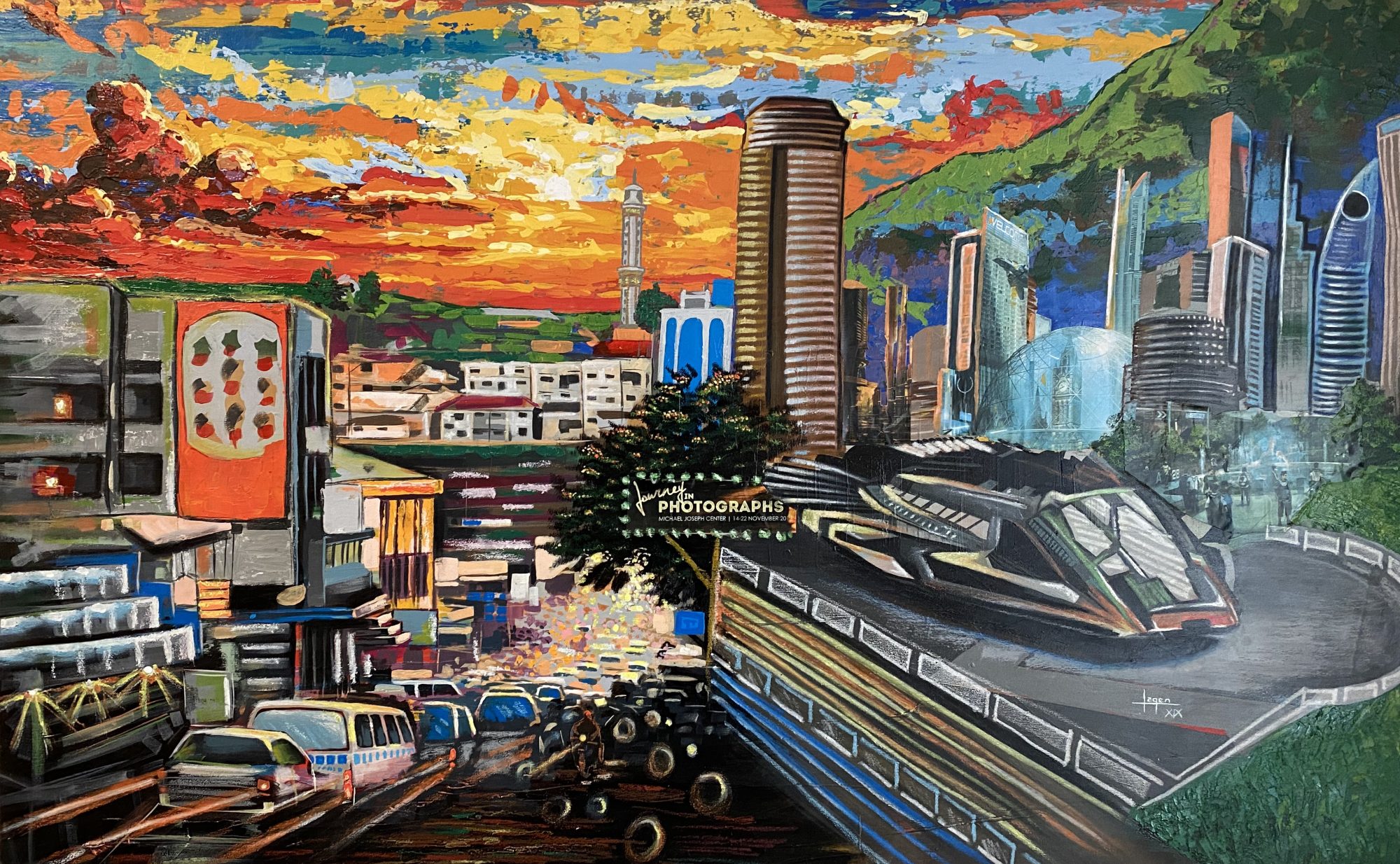Published online April 11, 2012
Why solving inequality is a must for Africa’s development
In the morning young children brush their teeth outside makeshift houses as a snaking line of Range Rovers crawls by. In the afternoon, businessmen fill cafes while street vendors peddle their goods in a sea of commuters inching towards home. In the evening, toddlers sit transfixed by flat-screen TVs while their neighbors sit playing by candlelight. We are living in a world where shopping malls are popping up alongside young boys herding cattle – a clash of peoples occupying the same space but living lives that bear no resemblance to one another.
Rarely in history have such extremes coexisted. The yawning chasm between rich and poor is palpable but not physical – lives but not livelihoods overlap. In some ways, disparities in wealth are inevitable. Countries whose average annual income is in the hundreds of dollars but whose annual economic growth soars at rates of 5% and beyond are bound to experience uneven transitions to prosperity. Access to opportunities, education, even liquidity is not even or equitable. We can’t wish away these disparities, but sooner or later, we will have to address them.
This was also the message of a keynote address by John Githongo, Kenya’s famous whistleblower, at a conference on innovations in governance a month ago at Stanford. I had heard a lot about Mr. Githongo and read Michela Wrong’s popular book, It’s Our Turn to Eat, which documented his time fighting corruption in the administration of Kenyan President Mwai Kibaki. Nevertheless, I wasn’t sure what to expect from him. I had heard so few critical words about the man that I began to become suspicious – surely he could not be as saintly as depicted! Like all of us, Mr. Githongo surely has his flaws, but I have none to report. His speech was simply exceptional.
The message? Inequality is the primary development challenge of the next few decades – inequality of outcomes and opportunities, of expectations and aspirations. Inequality is not only morally repugnant but also easy to politicize, ethnicize, and militarize in Africa, he argued.
Herein lies the real threat to development — a new round of conflict and instability triggered by inequalities that are the product of the very economic transitions for which we strive.
Githongo likened our current state of affairs to a meeting of old and new technology. We have often been successful in getting right the hardware of the state – infrastructure, education, health – or at least making noticeable progress in these areas. However, the software, made up of political rights and freedoms, is outdated. Combining old software with new hardware is like buying a brand-new Dell laptop and loading it with Windows ’95 – it will have a blue-screen! And what follows is not pretty.
Where political opposition and mass protests have been successful at toppling regimes, there has frequently been a political hangover. After the euphoric triumph of the many over the few comes the realization that updating the software of political freedoms and institutions does not happen overnight. The end of dictatorship does not call for champagne. The inequalities that prompt regime collapse do not disappear with the despot.
The challenge of political instability provoked by inequality is particularly acute in urban areas. There are vast disparities between rural and urban populations, but it is the inequality within urban areas that seems to drive most conflict. Revolutions rarely begin in the countryside.
The hopefulness of the Arab Spring just one year ago has given way to the realization that we do not know how to cope with the mobilization of society based on inequalities, whether economic or political. Sitting governments often retaliate violently, exacerbating societal tensions that are already on the verge of a breaking point. Ordinary citizens do not know whether to join the masses in protest, run for their lives, or sit tight and wait for calm. The dominant actors on the world stage shout past each other, often rendering impotent international institutions like the United Nations.
The good news that in many places, the software is being updated, albeit in fits and starts. Coups and election violence notwithstanding, there have been gains in political freedoms across the continent. The development of the media, slow strengthening of parliaments, widespread acceptance of elections, and multitude of multiparty elections that have increasingly resulted in regime transitions are all evidence that political freedoms are far from stagnant.
Of course, just as with a computer, it is frustrating when the machinery of politics and society temporarily freezes or crashes. You lose your work, and you lose time. But if we are discouraged at the pace of progress, we have not only to look at ruling parties but also at the would-be political and social entrepreneurs who have not always put pressure on the powers that be or provided a viable political alternative. Inequality has allowed political opposition to mobilize the masses, but what comes next? Without organizational or institutional infrastructure, opposition parties and coalitions are unlikely to prove any better than the regimes they oppose.
Watching cities like Kigali or Kampala increase in size and wealth is inspiring, but the gap between the “haves” and “have nots” is also larger than ever before. Inequality will not vanish as countries grow, and may eventually impede or even threaten further progress. For this reason Githongo’s case is a strong one: inequality will be one of the greatest development challenges of this generation. I think we have the tools to avoid a meltdown. Everyone knows what Windows ’95 is a dinosaur. The question is, who is in charge of the update?
